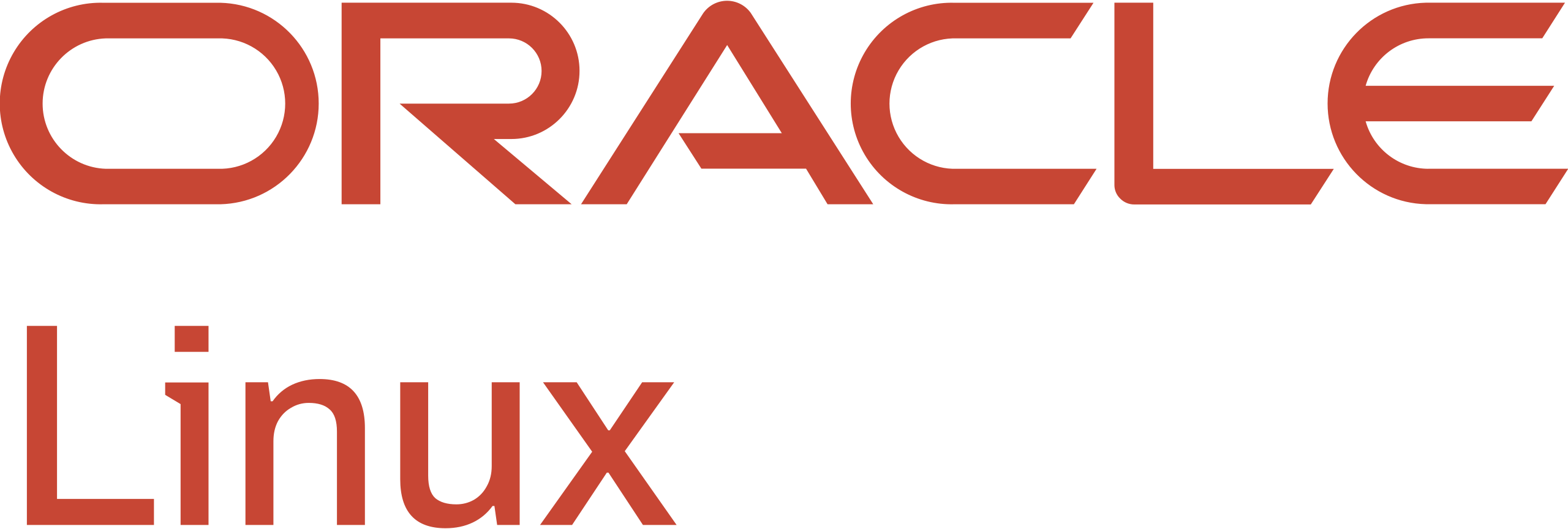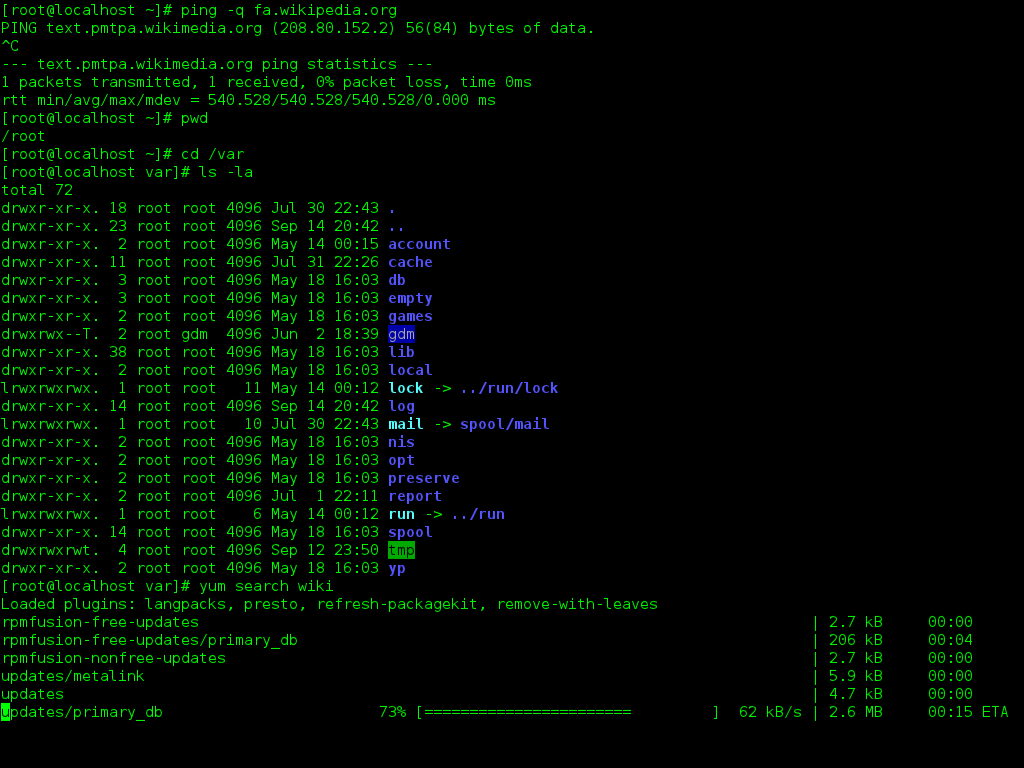Welcome to the world of Linux Administration Certification, where mastery of the open-source operating system meets endless possibilities.
Choosing the Right Linux Certification
Red Hat Certification Program is a popular choice for those looking to specialize in Red Hat Linux. It covers topics such as system administration, security-enhanced Linux, and network address translation.
If you’re interested in a broader understanding of Linux, the Linux Foundation Linux Certification is a comprehensive option. It covers a wide range of topics including file systems, shell scripting, and troubleshooting.
Consider the Linux administration certification offered by various companies and organizations, such as Red Hat and the Linux Foundation. These certifications are recognized in the industry and can help you stand out in the job market.
Before choosing a certification, review the exam objectives and requirements to ensure they align with your skills and experience. This will help you determine if the certification is a good fit for your career goals.
Additionally, consider the resources available to help you prepare for the certification exam. Look for study guides, practice exams, and online courses that can help you gain the knowledge and skills needed to pass the exam.
Ultimately, the right Linux certification for you will depend on your specific goals, experience level, and the areas of Linux administration you want to specialize in. Take the time to research and compare different certifications to find the best fit for your career aspirations.
Oracle Certified Professional Oracle Linux 8 System Administrator

As a certified professional, you will gain in-depth knowledge of essential Linux administration tasks, such as installation, configuration, and troubleshooting. You will also become proficient in managing file systems, user accounts, and network services.
The certification covers a wide range of topics, including security-enhanced Linux, automounter, proxy server, load balancing, and network address translation. It also includes important concepts like kernel, disk partitioning, access control, and troubleshooting.
By obtaining this certification, you will be equipped with the necessary skills to efficiently administer Oracle Linux 8 systems in various environments. You will have a deep understanding of system administration tasks, including managing software packages, implementing security measures, and ensuring system performance.
Furthermore, this certification demonstrates your commitment to continuous learning and professional growth. It sets you apart as an expert in Linux administration and increases your opportunities for career advancement.
To prepare for the Oracle Certified Professional Oracle Linux 8 System Administrator certification, it is recommended to undergo comprehensive Linux training. This training will provide you with the knowledge and hands-on experience needed to excel in the certification exam.
Linux Foundation Certifications: Administrator and Engineer

The Linux Foundation offers two important certifications for those interested in becoming Linux Administrators or Engineers. These certifications are designed to provide individuals with the necessary skills and knowledge to effectively manage Linux systems.
The Administrator certification focuses on essential Linux administration tasks, such as managing user accounts, configuring system settings, and securing the system. It covers topics such as file systems, networking, package management, and shell scripting. With this certification, individuals will have a strong foundation in Linux administration and be able to handle common tasks efficiently.
The Engineer certification, on the other hand, goes deeper into advanced Linux administration skills. It covers topics such as kernel management, network configuration, and advanced storage administration. This certification is ideal for individuals who want to further enhance their Linux administration skills and take on more complex tasks.
Both certifications are recognized by the industry and can greatly enhance your career prospects. Employers often look for professionals with Linux certifications, as it demonstrates your expertise and commitment to the field. Additionally, the Linux Foundation certifications are vendor-neutral, meaning they are not tied to a specific Linux distribution like Red Hat or Ubuntu.
To prepare for these certifications, it is recommended to take Linux training courses. The Linux Foundation offers a variety of training options, including online courses and instructor-led classes. These courses cover all the topics and skills needed to pass the certification exams.
Red Hat Certifications: System Administrator to Architect
| Certification Level | Description |
|---|---|
| Red Hat Certified System Administrator (RHCSA) | A foundational certification that validates the skills and knowledge required to work as a Linux system administrator. |
| Red Hat Certified Engineer (RHCE) | An advanced certification that builds on the RHCSA and focuses on more advanced system administration tasks, including network services and security. |
| Red Hat Certified Specialist in Linux Diagnostics and Troubleshooting (RHCSLDT) | A certification that validates the skills needed to diagnose and troubleshoot Linux system issues. |
| Red Hat Certified Specialist in Linux Performance Tuning (RHCPLT) | A certification that validates the skills required to optimize Linux system performance. |
| Red Hat Certified Specialist in Linux Automation (RHCALA) | A certification that focuses on automating Linux system administration tasks using Ansible. |
| Red Hat Certified Architect (RHCA) | The highest level of certification offered by Red Hat, RHCA validates the skills needed to design and manage complex enterprise-level Linux solutions. |



